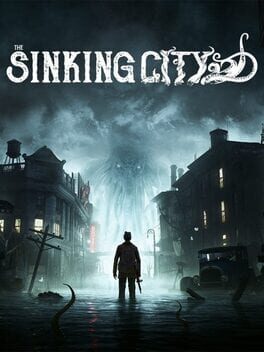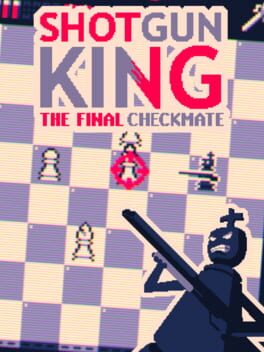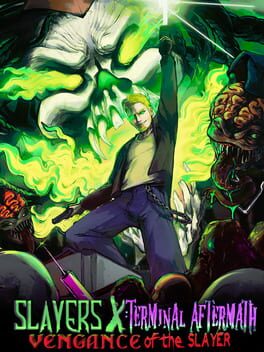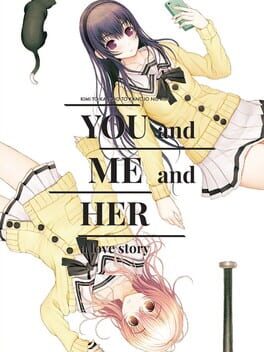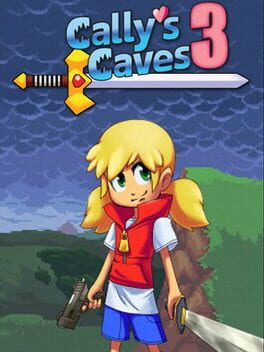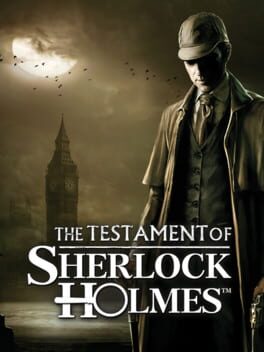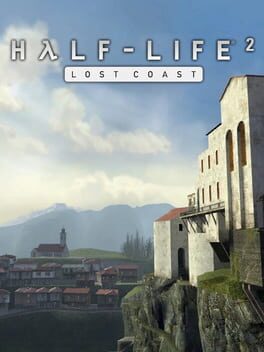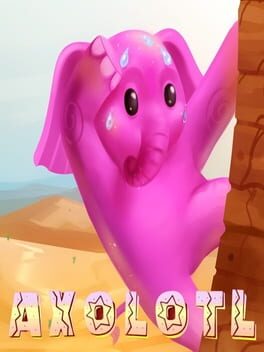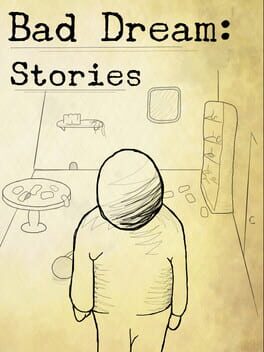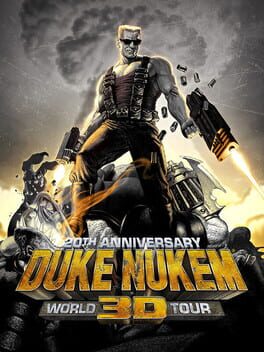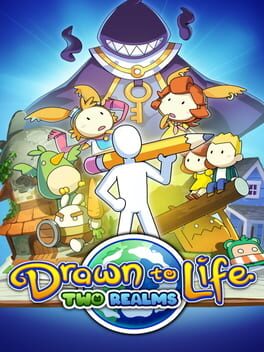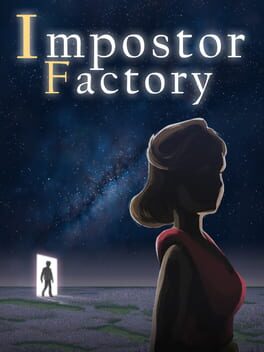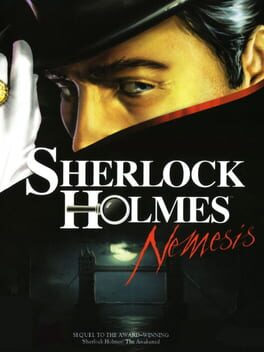Harlequit
2019
Quite fantastic. The open world, while not quite as interactive as it could be, feels somehow more familiar and believable than any other I've seen, despite how alien the Lovecraftian elements are, and it just feels really good to travel around in it. The Sherlock Holmes elements and the survival / action elements are also merged fantastically. Not so much of a fan of the choices but they don't really harm it much.
This is probably my new favourite FPS.
It's thoroughly a parody, and it's got a lot of love in it, in a way that I think works possibly better than anything else of its kind. The writing is brilliant, and in a way that feels much more convincing than most attempts at something similar.
It functions as a game without compromise, with dense (but unconfusing) and varied levels. It's really good fun.
-------------------
I was incredibly hyped for Hypnospace Outlaw when it came out, more hyped than it could possibly live up to, and my impression since has been that it wasn't as good as I hoped, but this is REALLY making me want to give it a new chance after all these years. My memories of what it actually was seem like it's absolutely brilliant.
It's thoroughly a parody, and it's got a lot of love in it, in a way that I think works possibly better than anything else of its kind. The writing is brilliant, and in a way that feels much more convincing than most attempts at something similar.
It functions as a game without compromise, with dense (but unconfusing) and varied levels. It's really good fun.
-------------------
I was incredibly hyped for Hypnospace Outlaw when it came out, more hyped than it could possibly live up to, and my impression since has been that it wasn't as good as I hoped, but this is REALLY making me want to give it a new chance after all these years. My memories of what it actually was seem like it's absolutely brilliant.
2016
2022
2021
Extremely unrelentingly morbid, which I think ultimately works against it. But it does a lot of interesting things. Very replayable, especially considering the genre, and it's much more interesting to try and get the true ending when a game makes it so clear what actions were wrong and should've been avoided, even if you can still reach a worse ending after doing them. Very fast paced to replay each game too, once you know what to do, since it's just a matter of clicking.
Really strange. It is genuinely NOTHING compared to the previous two, particularly in scope. The gameplay sections are tiny puzzle platformer stages, that still control a fair amount like the previous, but are much smaller in scale. Similarly, the story follows on, and while it's technically the same characters, there's far less of a story being told. But, despite some questionable elements (especially the way it connects to the ending of The Next Chapter), the writing is more or less a match to the rest of the series, and the dialogue still reads like DtL dialogue.
The puzzle platforming gameplay was annoying at first, but I warmed up to it quickly. Outside of the main story missions, there are smaller stages where the goal is to get a high score. But to raise the score, you generally need to do things like knock down enemies, wait until they recover, and repeat. Racing through these levels to minimise time doesn't get much of a points bonus, so it's not worth it. So the playstyle that gets the most points is very inelegant, which I find more funny than anything else.
The difficulty increases gradually. In about half the levels, you need to choose where to place objects around the stage before starting. At the start of the game, it's easy enough to work out where to put them from a basic glance at the stage, but later on, experimentation becomes much more important.
Beyond the puzzling, when the objects have been placed appropriately, and you know exactly what to do, there's still a good amount of platforming to do. There's a good balance of puzzles and platforms.
Although there are definitely some identifiable routes that you are supposed to follow, there are generally several ways to complete each stage, many of which don't seem planned. It's very fun to try to exploit obstacles like that.
The "drawing" aspect is scaled back here compared to previous entries, but I never cared for it at all anyway, so I'm fine at least. The editor is as fleshed out as ever, but it's just not used for many items.
The puzzle platforming gameplay was annoying at first, but I warmed up to it quickly. Outside of the main story missions, there are smaller stages where the goal is to get a high score. But to raise the score, you generally need to do things like knock down enemies, wait until they recover, and repeat. Racing through these levels to minimise time doesn't get much of a points bonus, so it's not worth it. So the playstyle that gets the most points is very inelegant, which I find more funny than anything else.
The difficulty increases gradually. In about half the levels, you need to choose where to place objects around the stage before starting. At the start of the game, it's easy enough to work out where to put them from a basic glance at the stage, but later on, experimentation becomes much more important.
Beyond the puzzling, when the objects have been placed appropriately, and you know exactly what to do, there's still a good amount of platforming to do. There's a good balance of puzzles and platforms.
Although there are definitely some identifiable routes that you are supposed to follow, there are generally several ways to complete each stage, many of which don't seem planned. It's very fun to try to exploit obstacles like that.
The "drawing" aspect is scaled back here compared to previous entries, but I never cared for it at all anyway, so I'm fine at least. The editor is as fleshed out as ever, but it's just not used for many items.
2021
2012
